Inspired by a client case study
When Maya came to me first, her exact words were,
“I feel like I am trapped in the same nightmare over and over again, but each time with a different man. I am exhausted and will lose my mind if I go through that experience one more time because it is just way too painful.”
She recognized that she was repeating an unhealthy relationship pattern and wanted to break it once and for all.
Maya pointed out three significant romantic relationships. According to her description,
Partner A only came to see her once a month because he was working in a different city. He was very private about his personal life and was emotionally distanced. He did not pay much attention to her or was interested in investing in the relationship. He was unclear about the intentions he had for the relationship. One day, she received an interesting text from him, but the text wasn’t for her. He had sent it to the wrong person. So, she got to know he had been having a committed relationship with another woman.
Partner 2 was the rebound from Partner A. He, too, worked in a different city and came to see her only once. He was controlling and found it hard to trust her. They often had intense arguments and some of those ended with him being physically and verbally violent towards her. He consumed alcohol heavily. He had multiple sexual partners, which was not pre-discussed and agreed upon between them. So when she found out, it was hard for her to digest.
Partner 3 became her official boyfriend very quickly, to the point where they moved in together within a very short time after meeting. On the surface, it looked like a perfect relationship. However, no one saw that it was a crowded relationship, too, crowded by the ghost of his ex-partner. He was married before, and she was the love of his life, and it was clear that he hadn’t fully processed the divorce and let go of that relationship. After living together with him for five years, she finally realized that he did not include her in his future and that she was in a ‘temporary committed relationship.’ They were heading in different directions.
Apart from these relationships, she mentioned that she had several love interests and often with men who were emotionally distanced, seemingly mysterious, and or unavailable. For her, love felt like something out of her reach and hard to earn. The more distanced, confusing, and inconsistent love felt, the harder she worked to be seen. So she would make sure she said and did the right thing not to upset anyone, but underneath, she was afraid that she would be abandoned or rejected.
If you are wondering where I am going with this story and how it’s relevant to early life experiences, let’s visit Maya’s childhood.
Maya’s mother had all her three children when she was still young. Her mother came from a scattered family herself and grew up without a father. She was unsatisfied with her marriage to Maya’s father. She suffered from undiagnosed depression and had suicidal tendencies. She was inconsistent with Maya and her siblings due to frequent hospitalizations.
On the other hand, Maya’s other role model, her father, was unavailable to Maya and the rest of the family. He would often leave home early to go to work and then spend most of his time, consuming alcohol with his friends and coming home late at night. Or he would ‘crash at someone’s place because he was too unconscious from alcohol to return home.
He rarely paid attention to anyone in his family and expressed love or affection. He was emotionally distanced, and Maya doesn’t remember her father ever saying to her, “I love you.” neither does she remember receiving a hug from him. In Maya’s words, “I don’t think I know what father’s love feels like. It’s an empty space.”
Now that you have seen two sides of Maya’s life,
- What patterns do you recognize in Maya’s romantic relationships with each partner?
- What connections do you see between her childhood association to relationships with her parents and romantic relationship behavior patterns in her adulthood?
We may be able to answer those questions on the surface level. However, identifying the psychological impact of these experiences that led to Maya’s adulthood behaviors is much more complicated than that.
Although this is an extreme situation, most of us have unconscious behavior patterns. At the same time, it’s rarely we reflect,
Why do we behave the way we do in relationships?
What is our bonding and relationship style?
And what do our relationship patterns say about our childhood?
What are our met and unmet relationship needs? And so on…
As an Interpersonal Relationship Specialist, I am strongly focused on two areas, Early Childhood and parenting, and Adult Romantic Relationships. Over a decade of my experience working with individuals of all different ages, cultures, social and financial statuses, and backgrounds, I have observed that most clients are deeply unconscious of the connection between their childhood experiences and relationship problems.
We have interesting behaviors that we are not aware of. Here are some examples that I have observed in my clients.
- Attracted to partners who are unavailable. (emotionally, physically, or both)
- Drawn toward people who are already in committed relationships.
- Find mysterious and emotionally distanced individuals extremely attractive.
- Uncomfortable with emotional intimacy and push people away or feel suffocated when the partner seeks closeness.
- Avoid commitment and prefers ‘situationships’.
- Have multiple partners at the same time while being in a committed relationship where the partner is unaware as it’s not discussed or agreed.
- Unable to find the right partner
- Unsatisfied and unhappy being single
- Invest in the person and the relationship too much and too soon
- Come across as needy or clingy in relationships and expect the partner ‘fix’ them.
We experience our first human-to-human connection and how love, belonging, and safety feels like from our primary caregivers, who are often our parents. While there can be many different factors that contribute to how we develop our relationship behaviors, our early life experiences play a significant role.
Seeking connection and establishing relationships, as well as desiring love, support, and comfort from others, are inherent aspects of human nature. From an evolutionary perspective, cultivating and maintaining strong relationships has both survival and reproductive advantages. After all, most of us do ‘need to belong’ and do want closeness and intimacy in our lives.
According to relationship psychology and evidence-based research, one’s relationship with their parents during childhood has an overarching influence on their social and intimate relationships. A child is dependent on his or her caregivers and seeks comfort, soothing, and support from them. If the child’s physical and emotional needs are satisfied, they develop secure bonds.
This, however, requires that the caregivers offer a warm and caring environment and are attuned to the child’s needs, even when these needs are not clearly expressed.
However, when the child and parent bond is disturbed, and the child’s basic needs are not met, they are likely to lead to an insecure bonding system, creating potential challenges that can even be traumatic and toxic. Because of the unawareness of our early life experiences, most of us struggle to understand the root cause of our problems and often are trapped in repeating toxic, unhealthy, and painful cycles of experiences.
The idea is not to blame our parents for our relationship behaviors. As adults, it’s important to become self-aware of our own relationship patterns and needs so that we can understand where we stand. Then we are in charge of deciding whether or not we want to be prisoners of our childhood experiences or break these patterns, set ourselves free, cultivate healthy, secure, and harmonious relationships, and thrive in them.
Personally, our relationship with ourselves is the most permanent relationship we can experience, which is why it is the most important relationship of our lives. How we relate to others is a reflection of how we relate to ourselves at the core. While adult romantic relationships may not exactly correspond with the early childhood bonding system, there is no doubt that our early relationship experiences with caregivers play a role in our development.
By better understanding these hidden connections, we can strengthen our internal relationships, and as a result, we will improve the quality of our external relationships.
I would like to leave this note with profound words of one of the greatest philosophers we have ever known, The Buddha.
“You can search throughout the entire universe for someone who is more deserving of your love and affection than you are yourself, and that person is not to be found anywhere. You, yourself, as much as anybody in the entire universe, deserve your love and affection.”
With Grace and Gratitude,
Lux

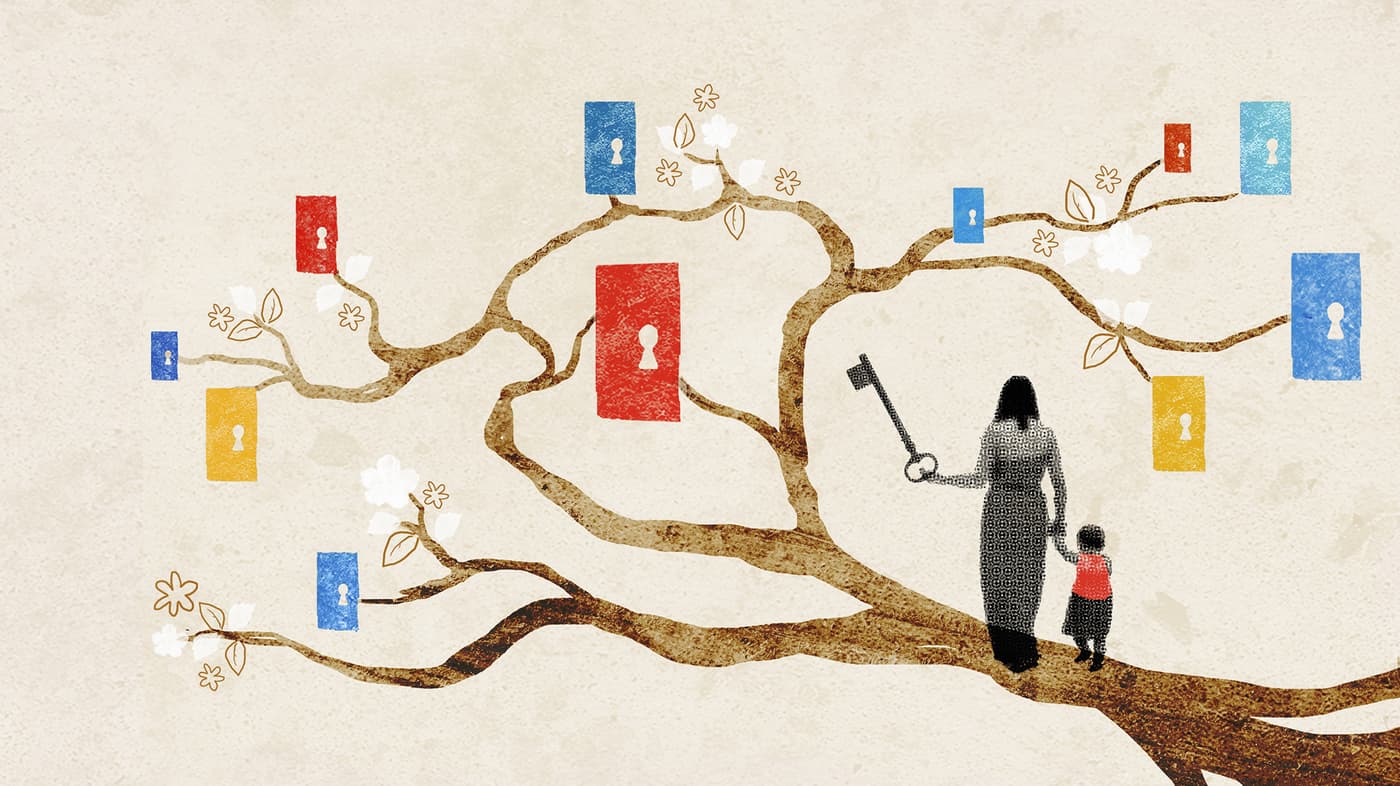
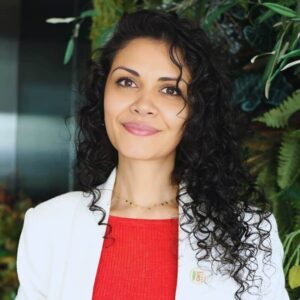
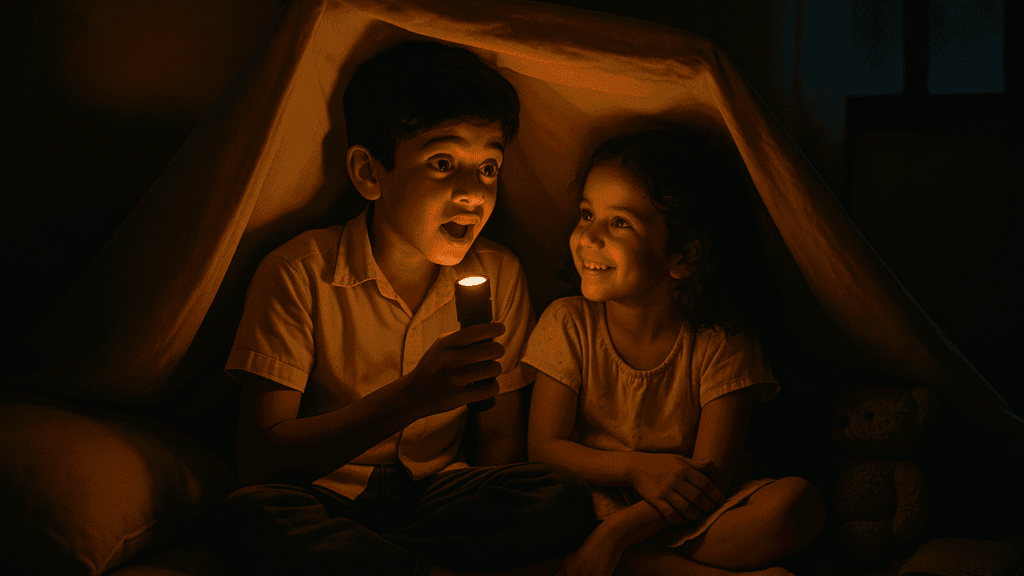
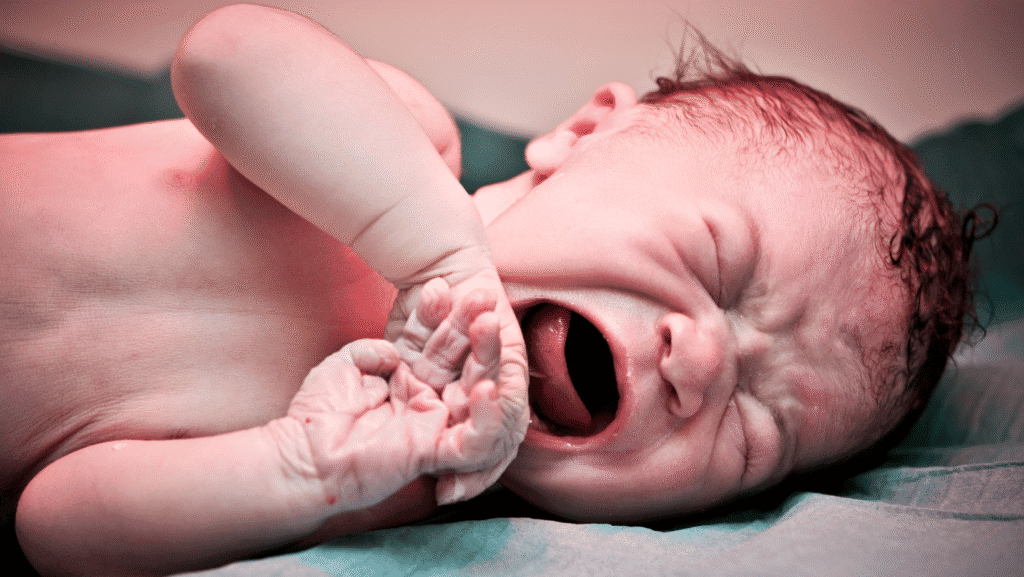
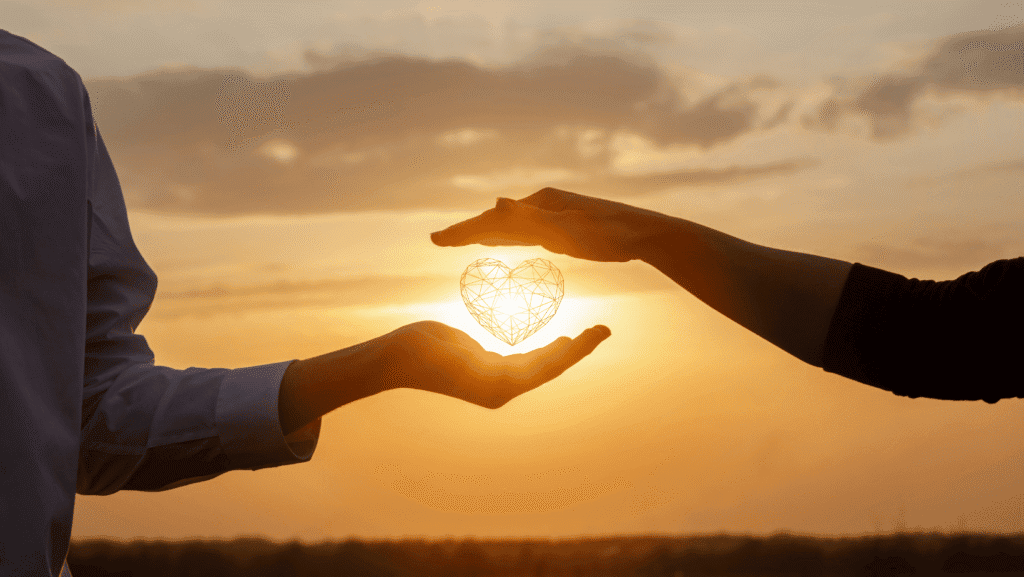
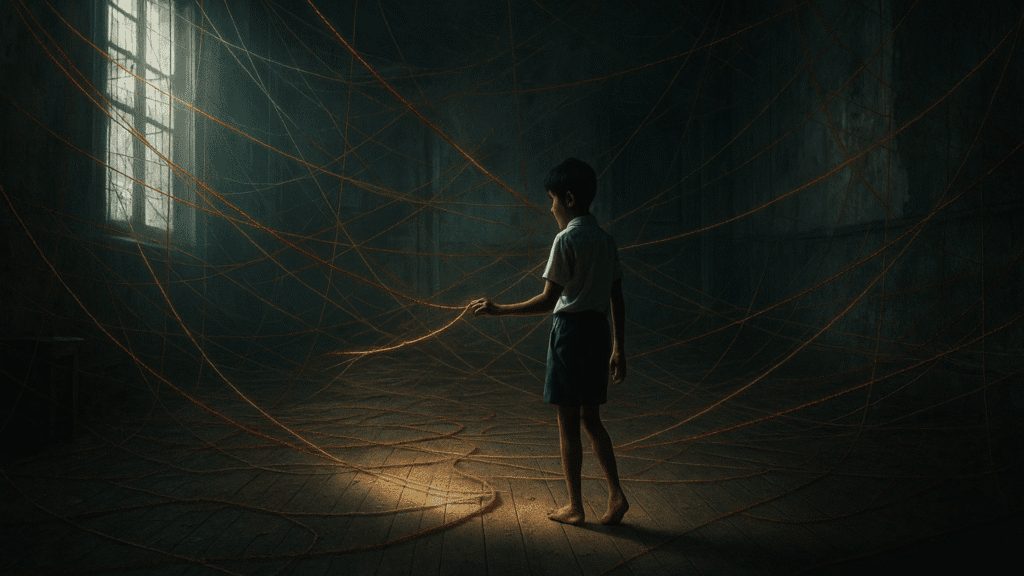
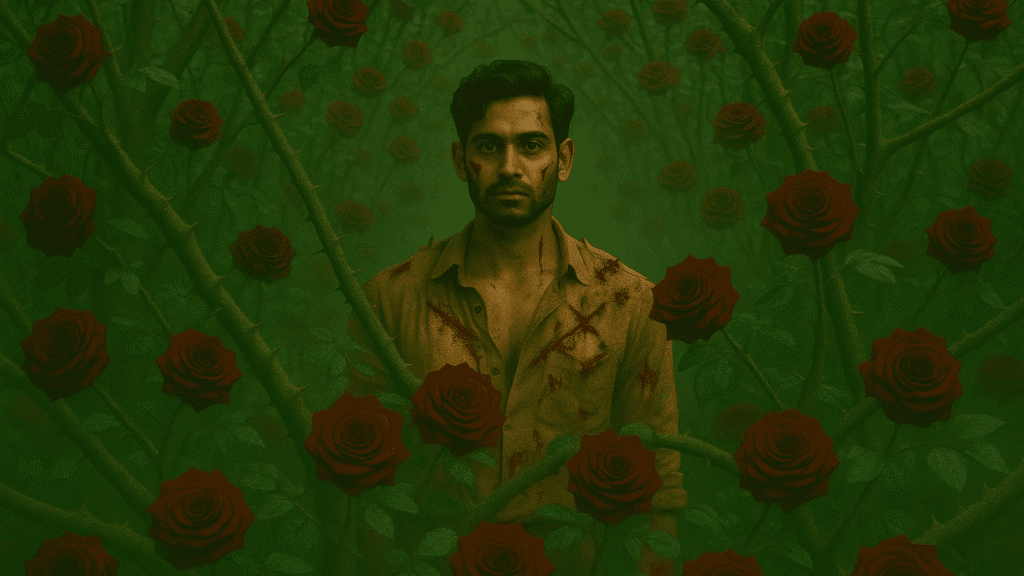
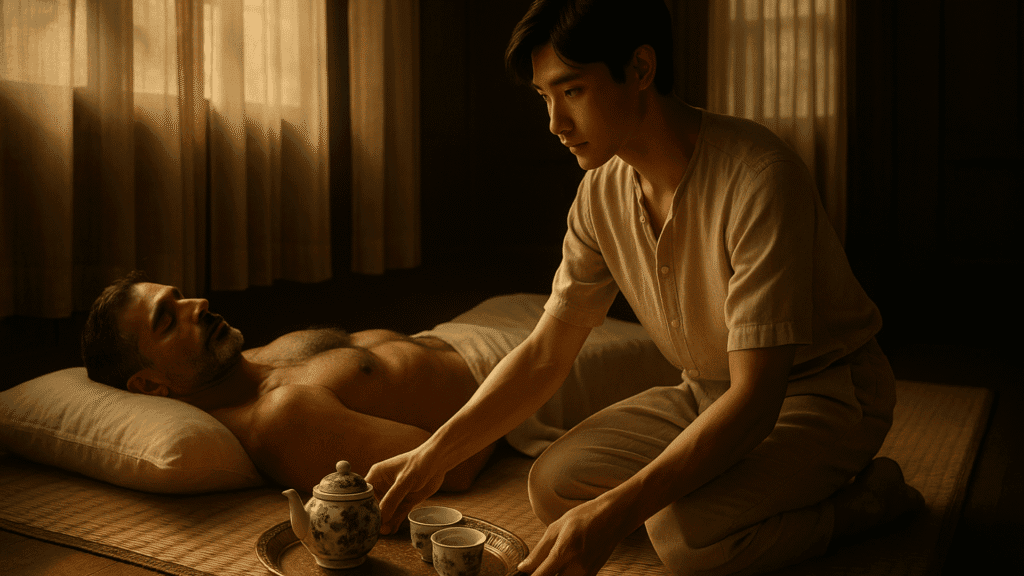
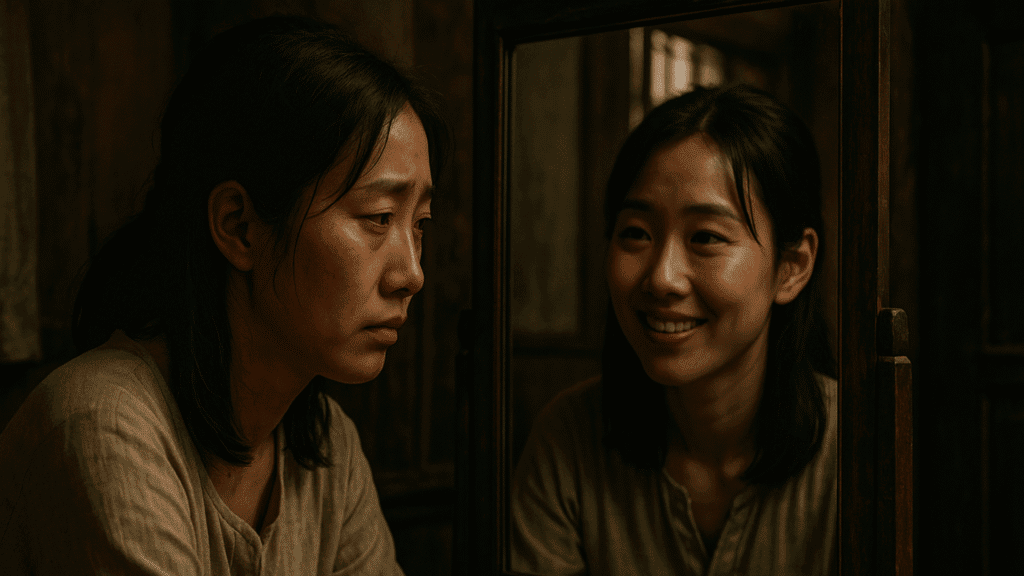
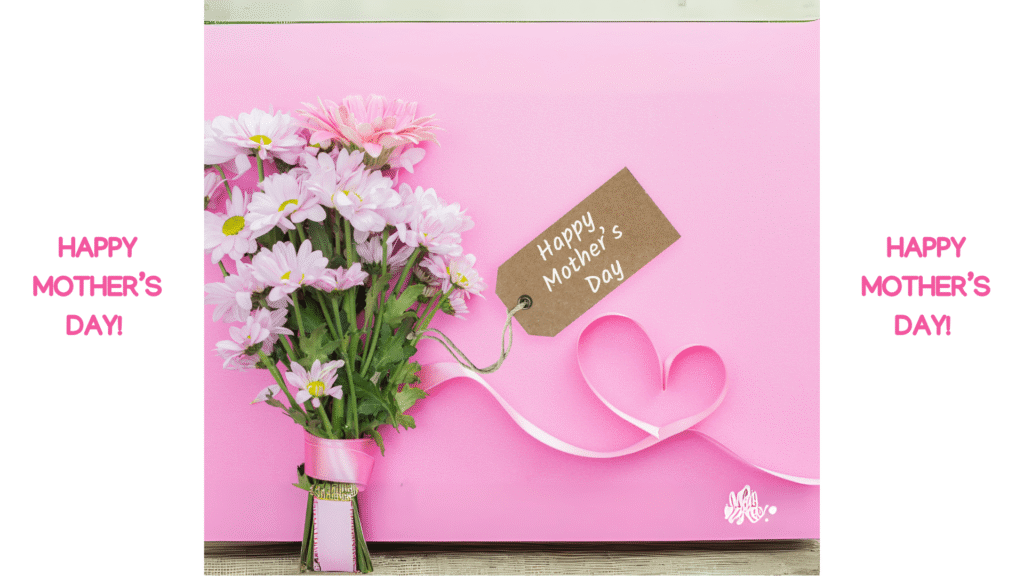
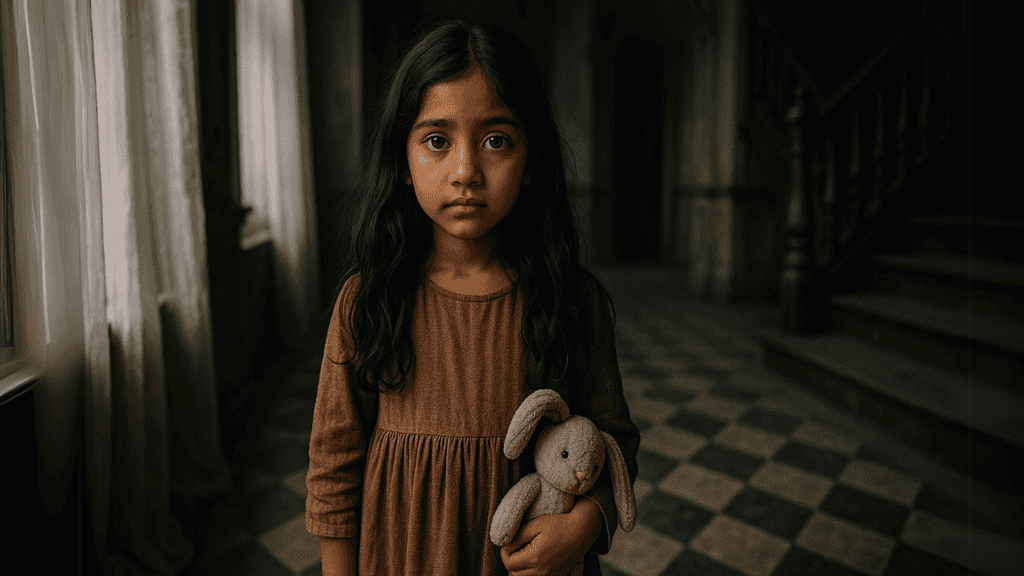
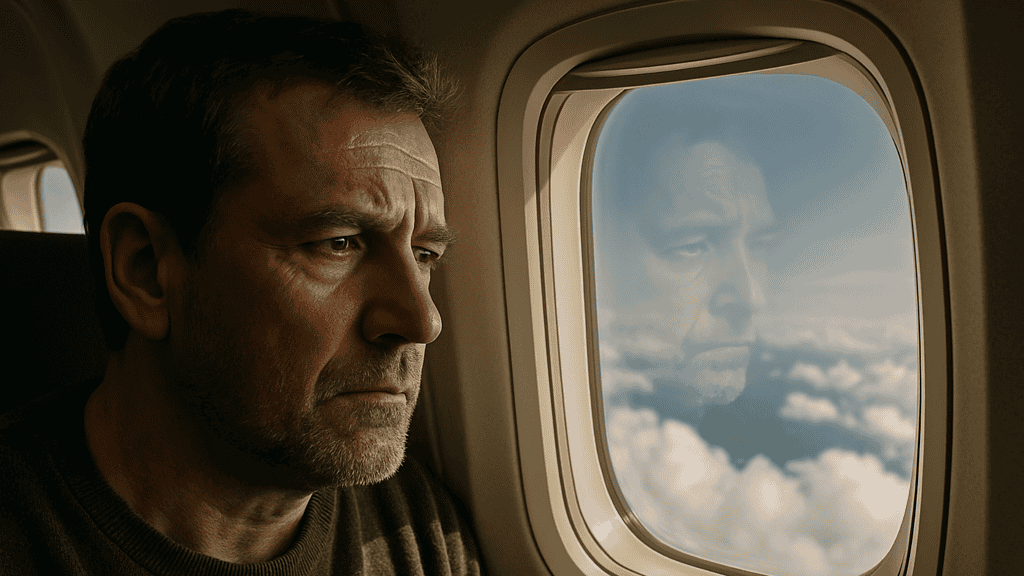
Wow
A very interesting programme for one to pursue.
Thank you, Joyce, for taking the time to view our program. We appreciate your positive feedback.
With grace and gratitude,
Lux
Thank you for the educational article. It is immensely helpful and and has important points about child development and impact on adult relationships. Self awareness is crucial for healing. Kind regards Alia
Thank you for taking the time to read the article, Alia. We are glad you found it valuable and appreciate your positive feedback. Yes, indeed, self-awareness is crucial, we can’t heal what we don’t see after all.
With grace and gratitude,
Lux
Thank you, Joyce, for taking the time to view our program. We appreciate your positive feedback.
With grace and gratitude,
Lux